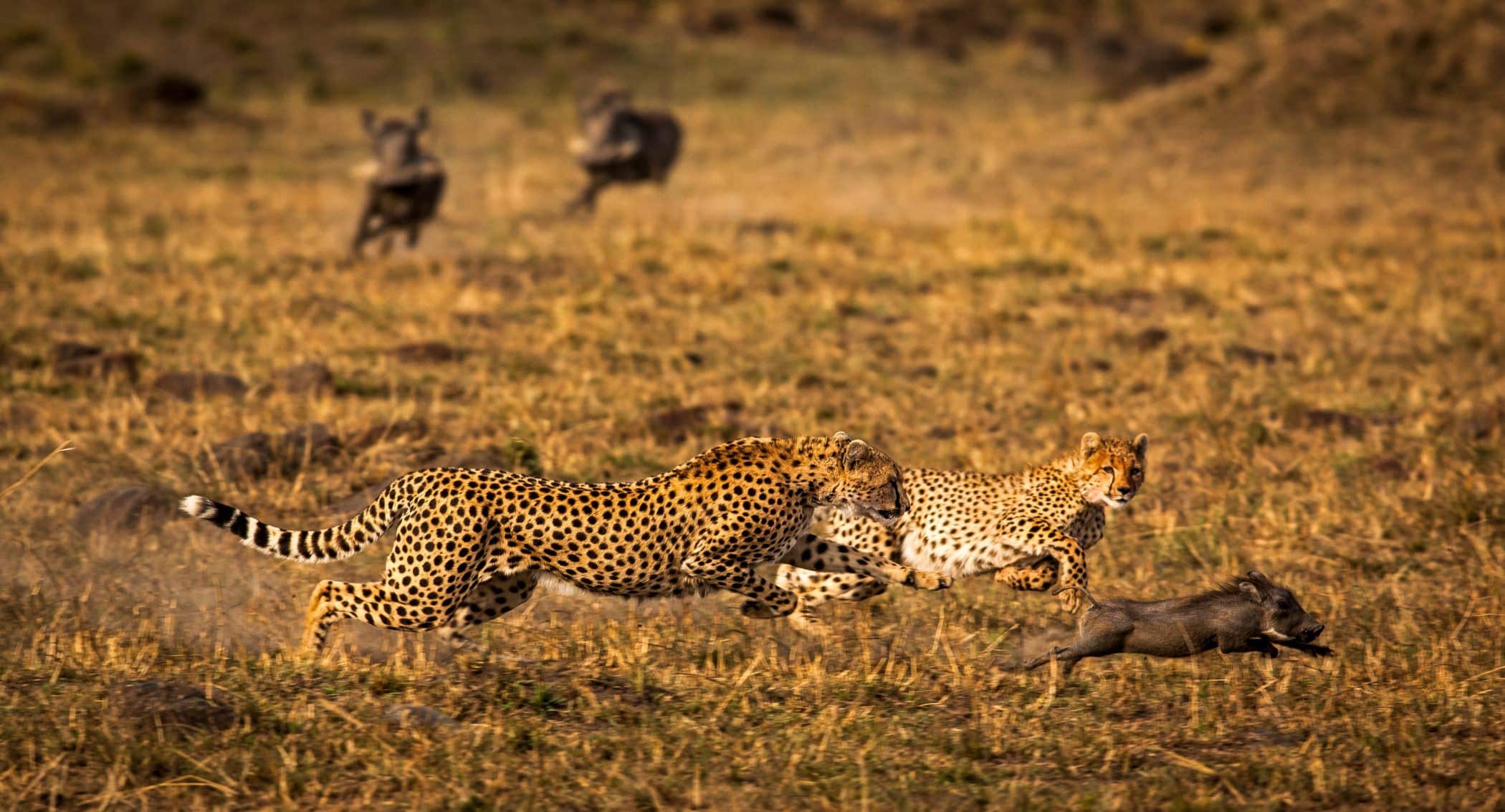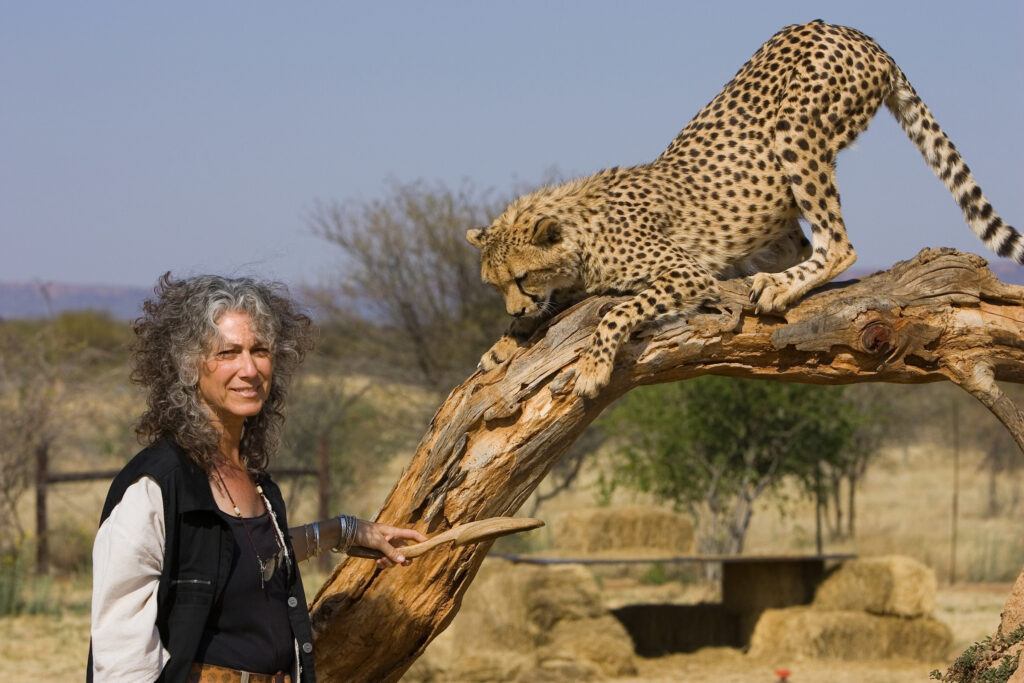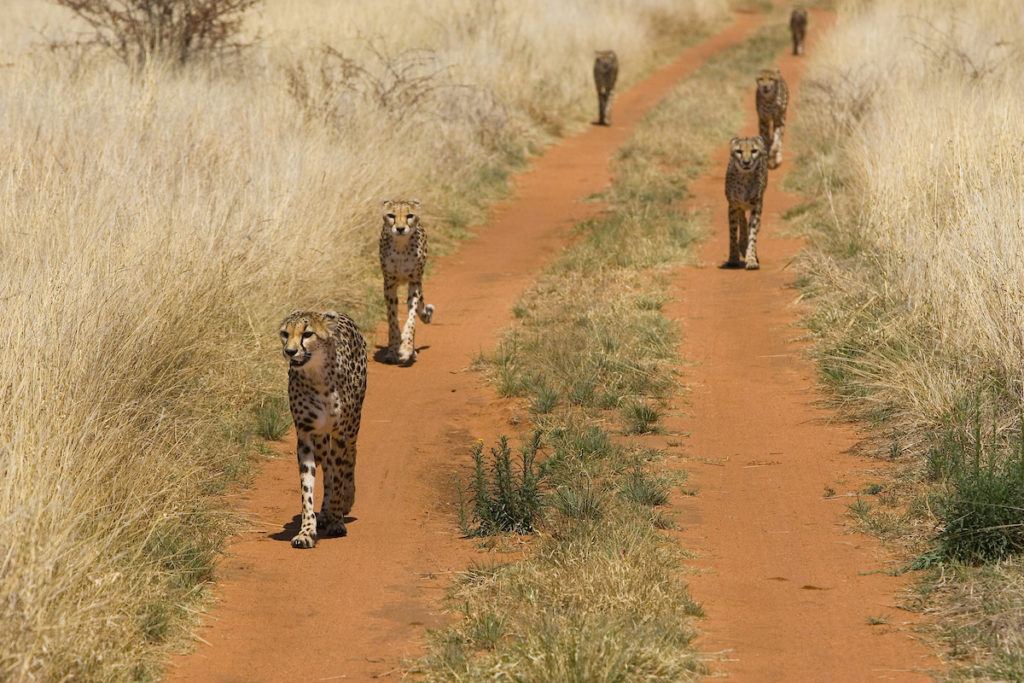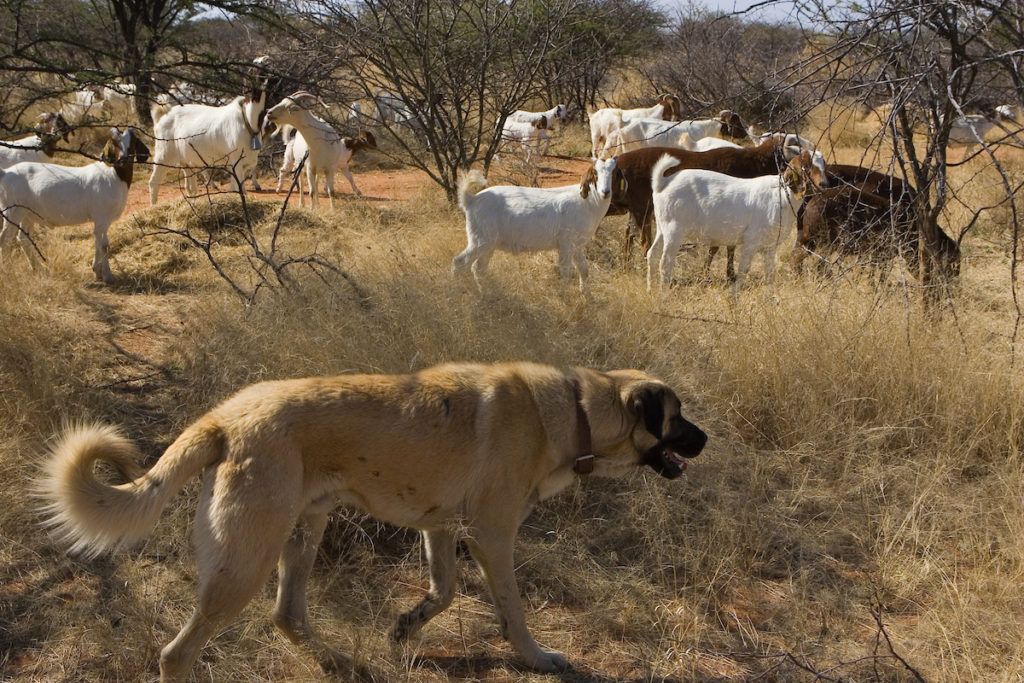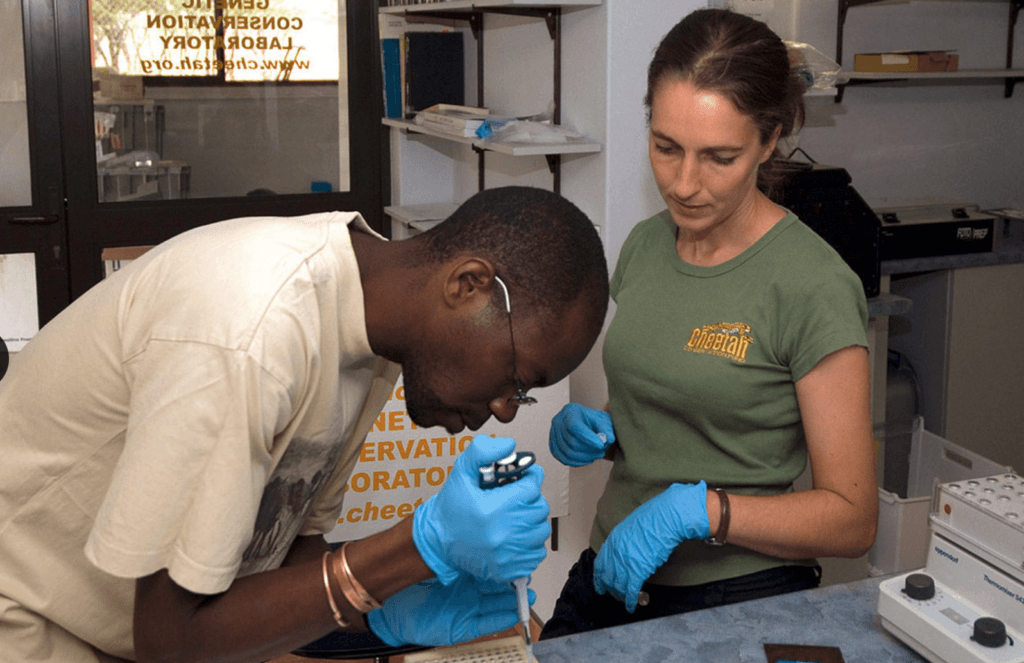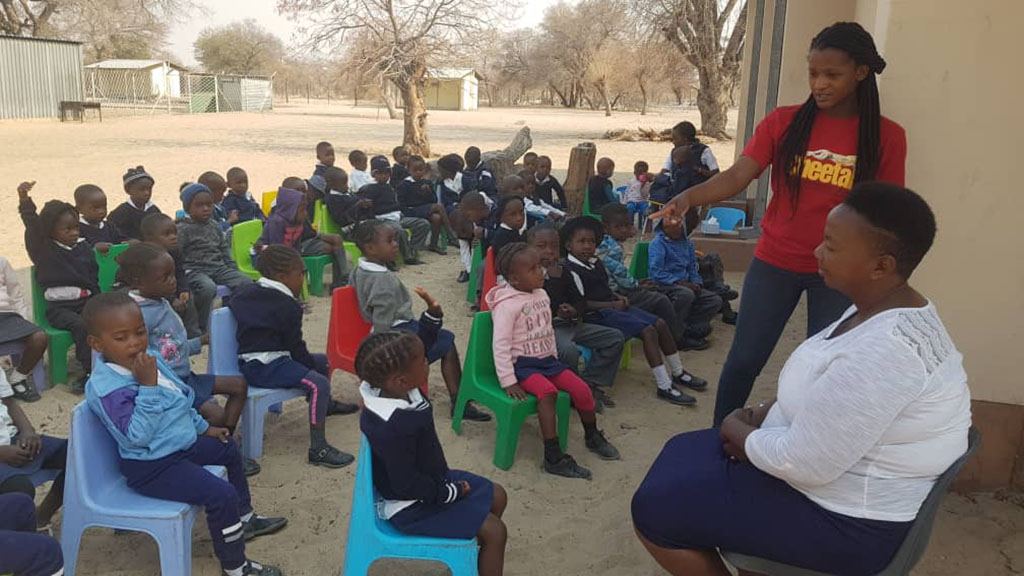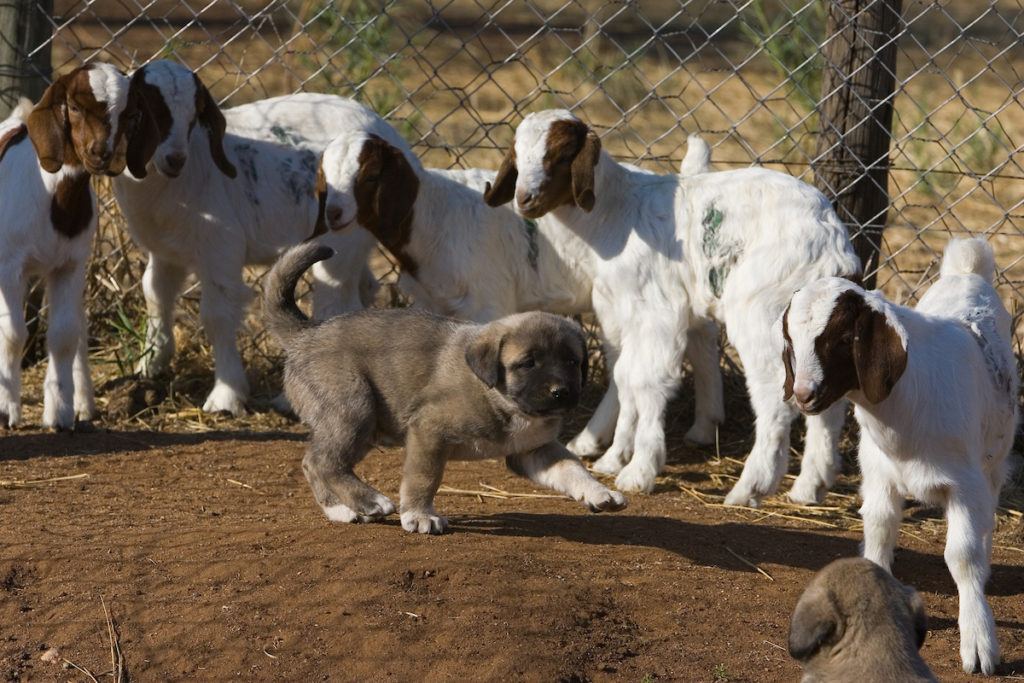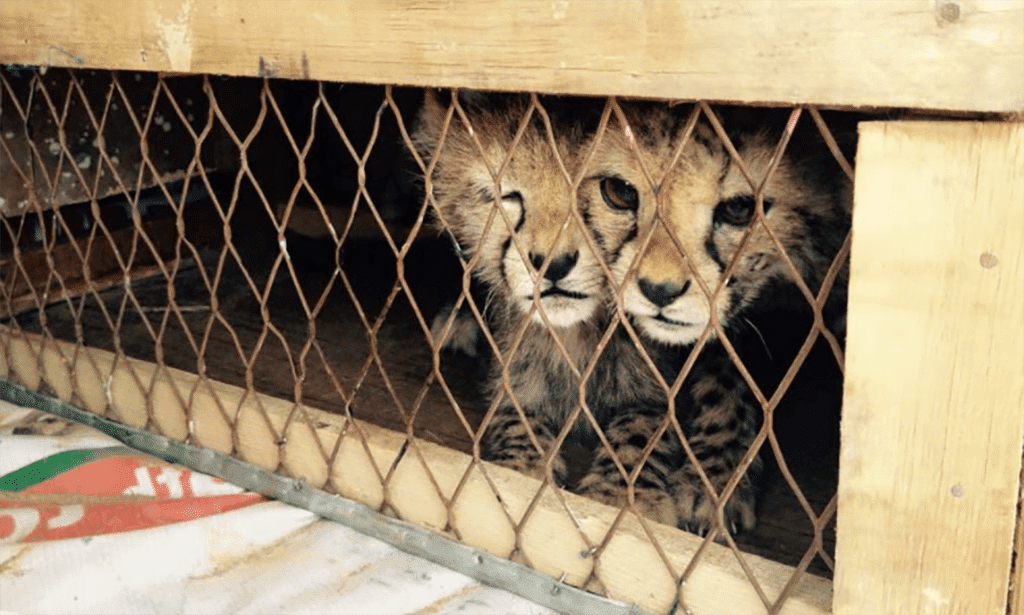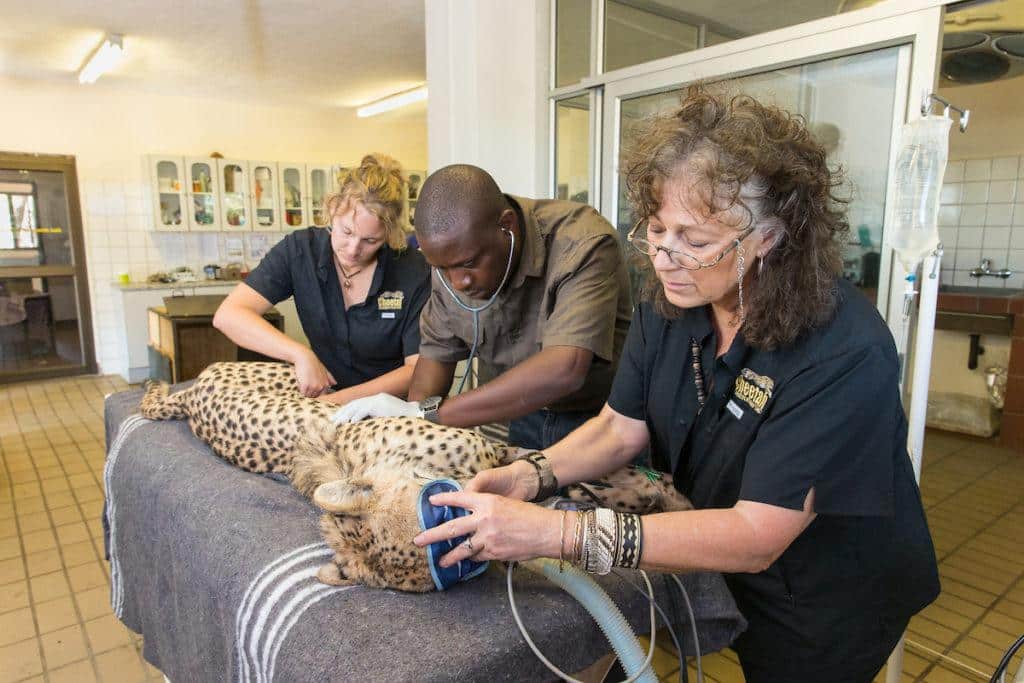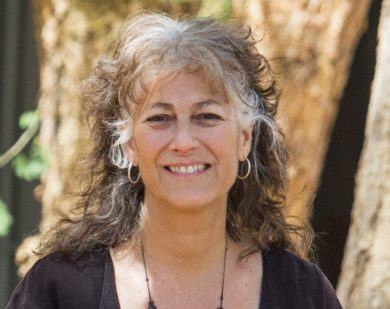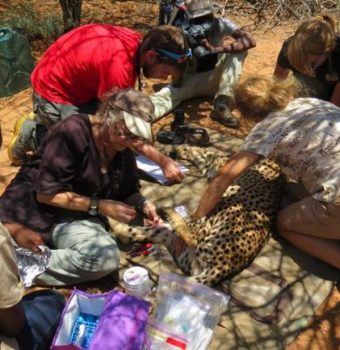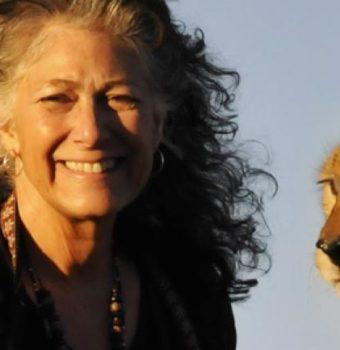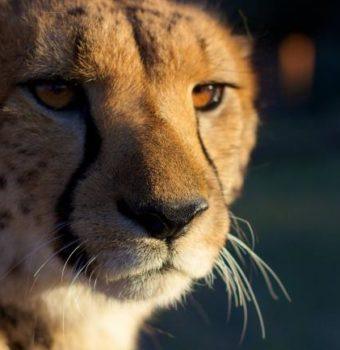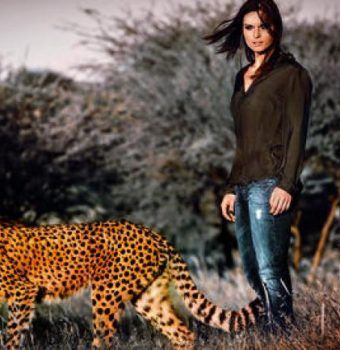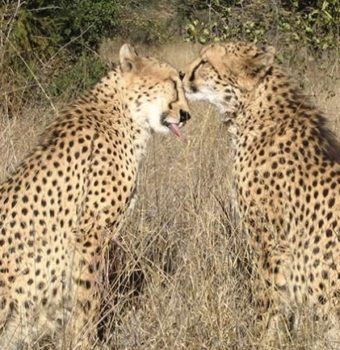When you get involved, donate, or spread the word on social media, you are truly making a better world for cheetahs and the communities that live near them. Here are a few ways you can help:
Connect with Cheetah Conservation Fund on social media to learn more about their work and be a voice for cheetahs.
Visit CCF’s website and sign up for their newsletter to deepen your connection with conservation.
VISIT WEBSITE
Shop – After years of stocking the gift shops of socially and environmentally responsible luxury resorts across Africa, CCF’s Zawadi store is giving back to wildlife conservation by offering its gifts online.
Volunteer – Volunteering at CCF is a unique opportunity, it is an experience that will have a lasting impact on your life.
Visit – Cheetah Conservation Fund is a one-of-a-kind place. Located near the city of Ojiwarongo in Namibia, Africa, CCF is a full-scale conservation NGO working to save the cheetah and its ecosystem. CCF also welcomes guests 364 days per year.
Lastly, donate to support Cheetah Conservation Fund’s work protecting cheetahs. Through our donation model, 100% of your donation goes to field with zero taken for overhead or administration.



